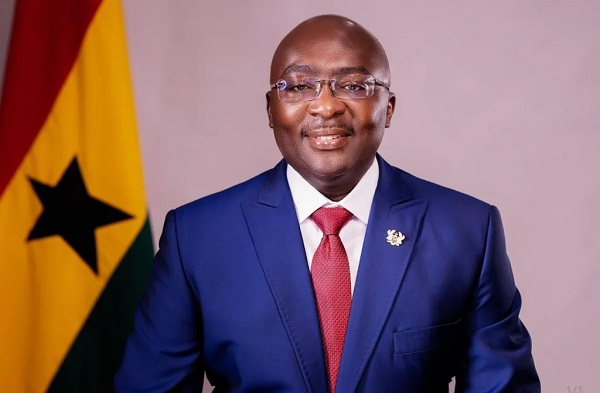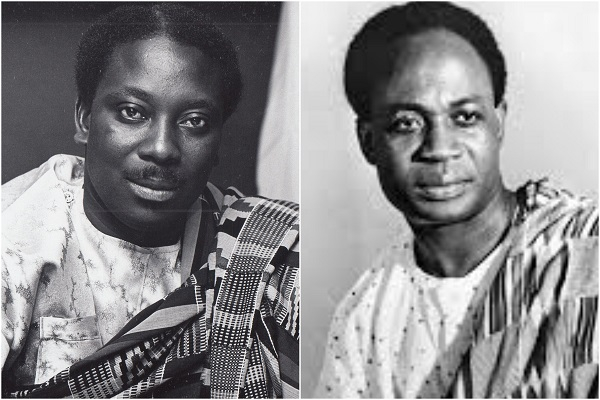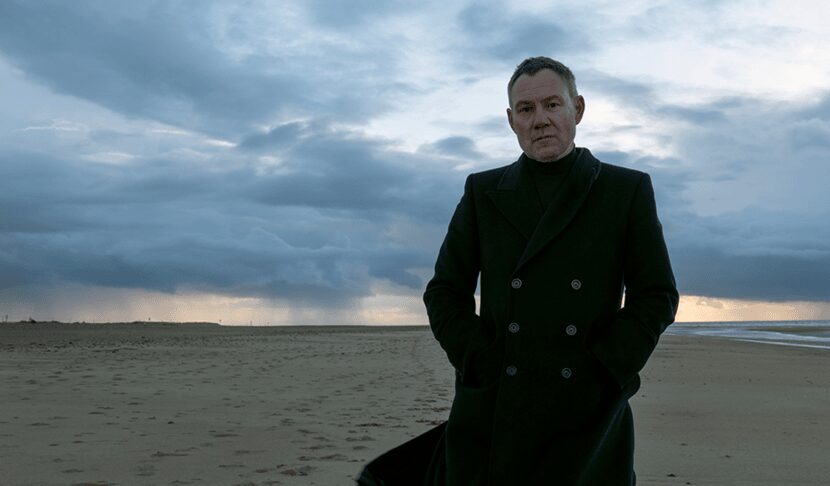
View: https://www.youtube.com/watch?v=2W7r1O1ch74
The description of part three suggests it has recently discovered evidence found by a victim's daughter who has been searching for justice ever since the 1980s murders and this evidence that was long forgotten apparently supports a controversial theory on the murders, part 3's description states:
Decades after the murders, a victim's daughter searches for justice - and uncovers evidence that supports a controversial theory.
Business Insider reports that this documentary has the "first and only interview" with the person who was the chief suspect of the murders:
Netflix's "Cold Case: The Tylenol Murders" features chief suspect James Lewis' first and only interview, where he addresses the allegations made against him — including that he killed seven people in 1982.That year, cyanide-laced Tylenol was distributed in Chicago, leading to the pharmaceutical industry introducing tamper seals to certain products.
The docuseries also includes interviews with family members of some of the victims.
Lewis, who died in 2023, was arrested but not convicted and denied the allegations.
But he admitted to writing a ransom letter to Johnson & Johnson, the manufacturer of Tylenol, for $1 million. He later claimed it was an attempt to point the authorities at his wife's former boss for unpaid wages.
Lewis was convicted of extortion in 1983 for writing the letter and served 10 years in prison.
Author Nicholas Mennuti, who wrote "The Tylenol Murders" book and features in the three-part true crime series, compared the Lewis case to the gangster Al Capone, who was suspected of committing more serious crimes than he was convicted of.
"They make it look like I'm the world's most horrible, dangerous person ever... and I wouldn't hurt anybody," Lewis says at the end of the first episode, seemingly referring to the authorities and the media.










